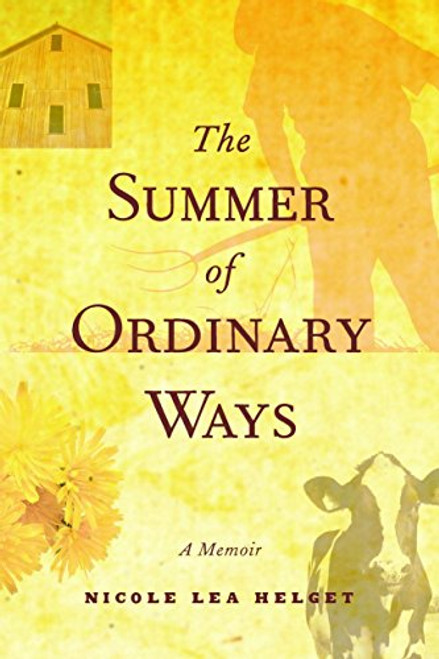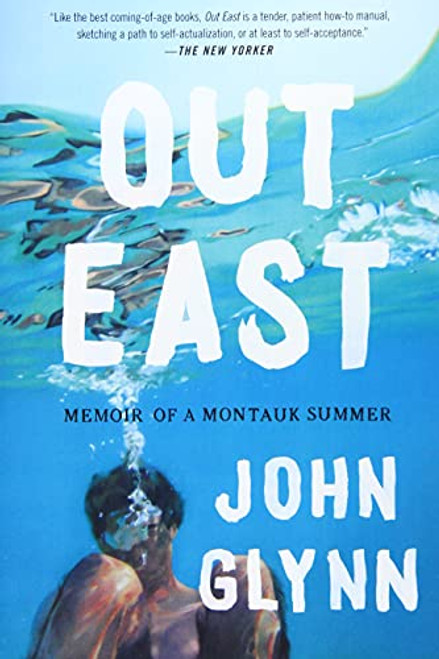In 1948, twenty-one, already married and graduated from Princeton, W. S. Merwin made his first trip abroad. Travel from America to Europe became a commonplace, an ordinary commodity, some time ago, but when I first went such departure was still surrounded with an atmosphere of adventure and improvisation, and my youth and inexperience and my all but complete lack of money heightened that vertiginous sensation. Thus begins his most recent memoir, Summer Doorways.
Through his days as a student in seminary school and at Princeton, through the years next spent as a tutor for the children of privilege living abroad, Summer Doorways tells the story of the poets youth in the few years before he won the Yale Younger Poets Award in 1952. And it describes life in Europe that was already passing away at the close of the Second World War. He writes, I would have the luck to discover, to glimpse, to touch for a moment some ancient, measureless way of living, of being in the world, some fabric long taken for granted, never finished yet complete, at once fixed and evanescent as a work of art, an entire age just before it was gone, like a summer.
Through his days as a student in seminary school and at Princeton, through the years next spent as a tutor for the children of privilege living abroad, Summer Doorways tells the story of the poets youth in the few years before he won the Yale Younger Poets Award in 1952. And it describes life in Europe that was already passing away at the close of the Second World War. He writes, I would have the luck to discover, to glimpse, to touch for a moment some ancient, measureless way of living, of being in the world, some fabric long taken for granted, never finished yet complete, at once fixed and evanescent as a work of art, an entire age just before it was gone, like a summer.











